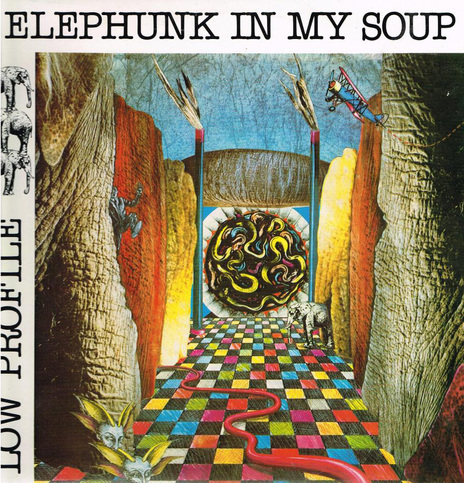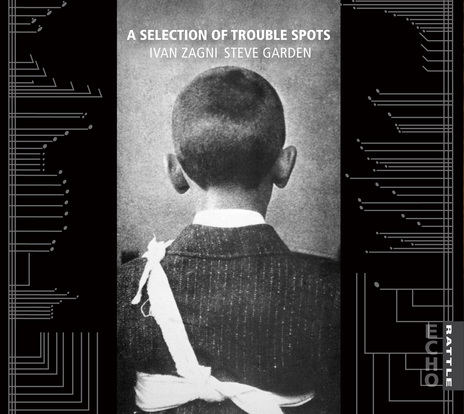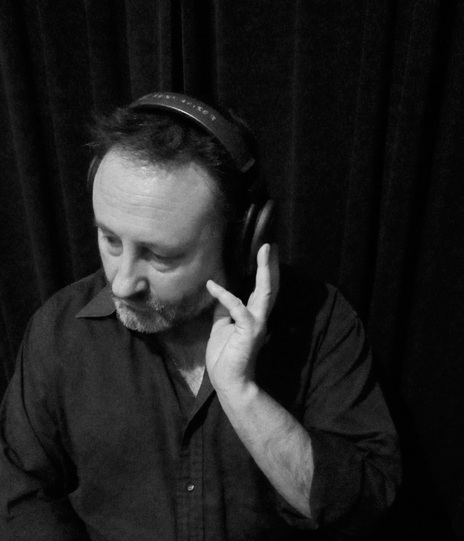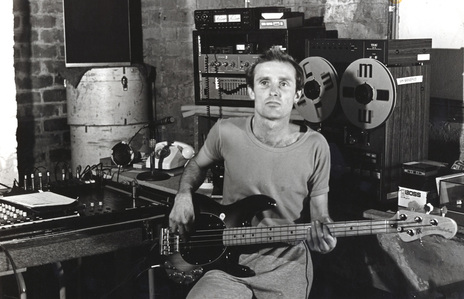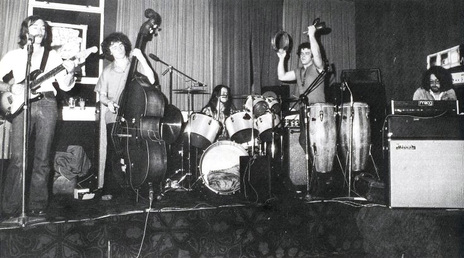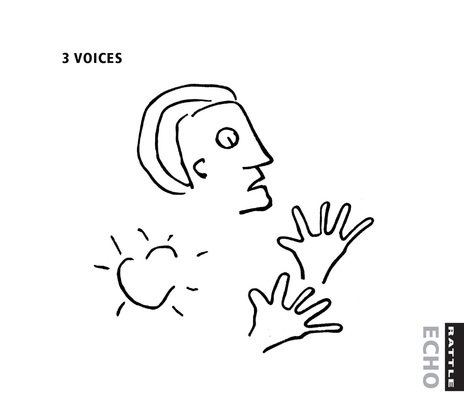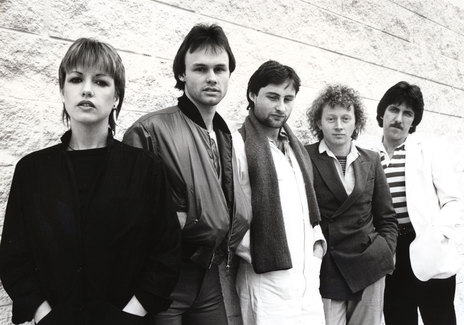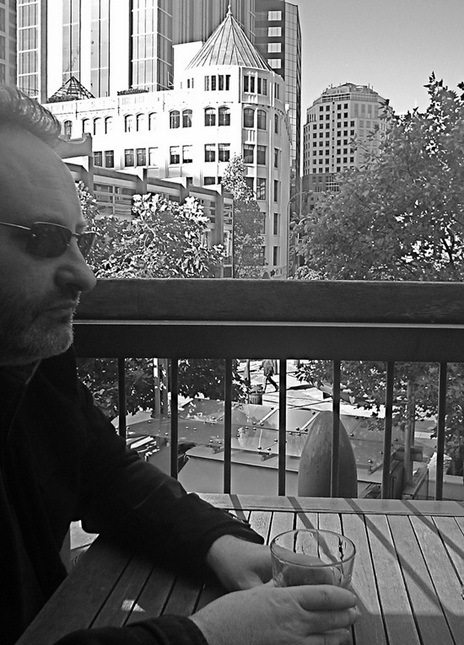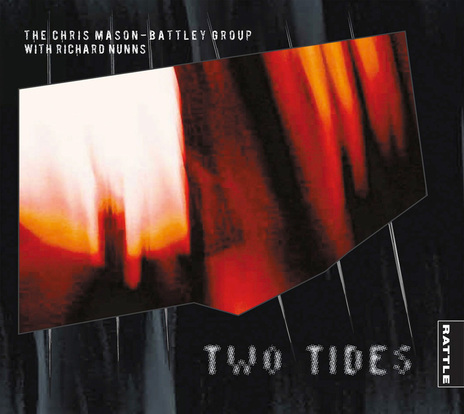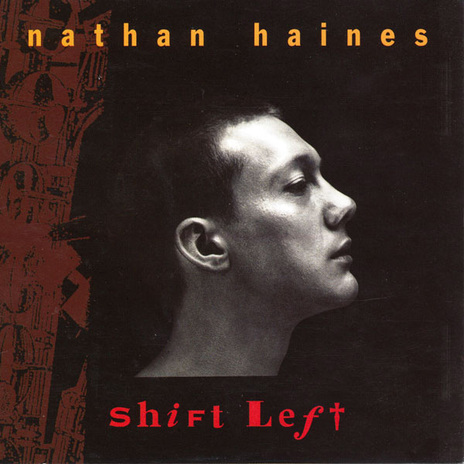Born in Dunedin in 1957, Garden started out playing drums in school bands at 13, graduating to a university band called Pork Chops. His defining moment was meeting his mentor, late guitar legend Mike Farrell, whom he joined in Wellington to form the first, short-lived edition of Rough Justice with Fane Flaws, Patrick Bleakley, John Key and Rick Bryant.
Musically at odds with the general direction of the band, Farrell and Garden left to form The Whale Boogie Band, a vehicle for singer Andy Anderson, before “Andy ended up in hospital with a stressed liver. His days of drinking came to an end, as did Mike’s hopes of finding a band.”
When Farrell moved to Melbourne to join Robbie Laven and Marion Arts in a reformed version of The Red Hot Peppers, Garden became an in-demand session musician (recording jingles, radio shows and albums), working with Rockinghorse, Kevin and Colin Bayley’s Short Story, Dennis O’Brien, and touring with our pop diva Sharon O’Neill throughout 1980.
Dumped from O’Neill’s band when she moved to Australia in 1981, Garden moved to Auckland. “It was very buoyant at the time, and they were enthusiastic about my playing. There were a lot of good musicians writing and performing their own material, which is exactly what I wanted to be involved with.”
Garden performed and/or recorded with a stellar cast of local heroes.
During this period, Garden performed and/or recorded with a stellar cast of local heroes, including Ivan Zagni, The Miltown Stowaways, Phil Bowering, Phil Broadhurst, Graham Gash, Josie Rika and Brendan Power – a roster that provides a hint of what was to come. From jazz-funk fusion to straight-ahead jazz to ornate folk-rock and further out to the experimental edges, Steve Garden was never going to be just a standard jobbing drummer.
In the mid-80s, Garden worked at Progressive Studios, where he formed alliances with Don McGlashan (turning down a full-time gig in The Mutton Birds), Phil Dadson, and Nigel Gavin, amongst a coterie of exploratory musicians who ultimately inspired the setting up of both his home studio, Basement Tapes (and later, the Garden Shed), and the Rattle record label with Tim Gummer and Keith Hill.
Through the 90s and into the new century, Rattle has continued to release albums without consideration for commercial currency, instead looking to musical virtuosity, compositional excellence, sonic depth, and broad horizons. As such, it’s a label that’s impossible to bag: while it tends towards instrumental music and its accent is towards jazz and contemporary classical, that’s really not the half of it.
For instance, the label’s heaving catalogue includes the album that first exposed taonga pūoro (traditional Māori instruments) to the nation, Te Kū Te Whē, the creation of ethnomusicologists Richard Nunns and Hirini Melbourne. While that remains the label’s top seller, it has continued to give exposure to astonishing music that probably no other label would go near with a barge pole, including the From Scratch classic Songs For Heroes, Gitbox Rebellion’s extraordinary multiple guitar music, the work of jazz performers like Jeff Henderson, and composers in the classical tradition like John Psathas.
“For 20 years we averaged one release a year,” says Garden. We maintained Rattle as a sort of glorified hobby, putting energy into the occasional art-music release whenever something came along that we collectively felt strongly about supporting. Given the fact that we were all working in our various businesses and endeavours, projects could take many months, sometimes years, to complete."
“In 2011 we virtually doubled the Rattle catalogue, which seemed a fitting way to celebrate the label's 20th anniversary. Our focus will continue to be mostly acoustic instrumental music with a distinct New Zealand bias, but we intend to broaden our reach in terms of musical styles and cross-genre projects.”
Having built a solid relationship with Victoria University, Rattle was sold to the institution in 2013, however in 2015, the university decided it was no longer in the studio business and Garden was able to buy it back. He still runs the label he has put so much love and devotion into since 1991, and despite having recently performed with artists as diverse as country-inflected The Bads, jazzers The Chris Mason-Battley Group, and slowly working on a long-term project with Richard Nunns, he is focused on doing one job really well: rattling that cage.
